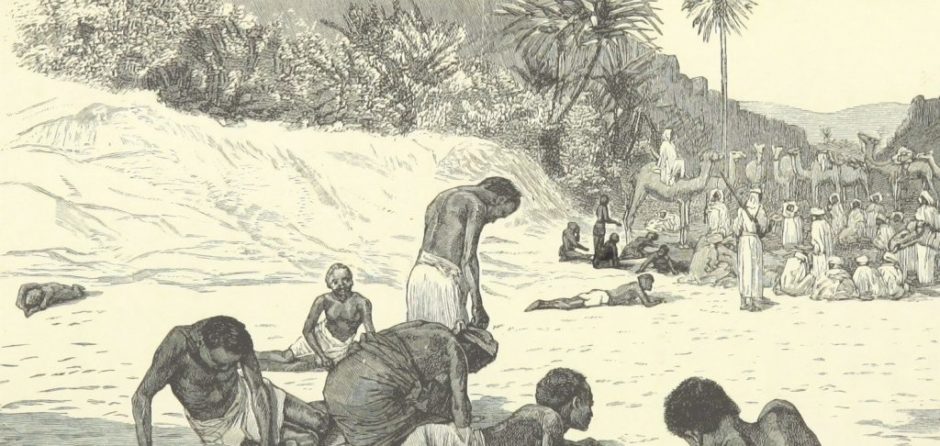The Awakening of the Anglican Conscience concerning Slavery
Campaigns for the “decolonisation” of British historiography have at least one positive consequence – the shedding of new light on hitherto neglected or overlooked or misrepresented passages in British history, including the roots of the rejection of slavery.
by Robert Jackson

In the case of the campaign against the commemoration of Christopher Codrington at the great library willed by him at All Souls College, Oxford, interesting new light can be shed on the dawning awareness within the Established Church of England of the wrongfulness of slavery. In the standard historical narrative such awareness is associated primarily with Quakers and Methodists and other “Dissenters”. But the movement to eliminate the slave trade and to abolish slavery within the British empire would not have been so successful as early as it was, if by the last decades of the 18th century it had not been been supported by many influential figures within the Established Church: William Wilberforce and many others.
Robert Jackson, a former MP and a quondam prize fellow of All Souls (1968), was led by the controversies surrounding Codrington to enquire into a question not previously considered by the College and its historians: what motivated the surprising benefactions in Codrington’s will in 1703? His enquiries shed new light not only on this question but also on the wider issue of the evolution of Anglican attitudes to slavery in the earlier 18th century, and the germination in that period of the thinking within the Establishment which was to lead in the early 19th century to Britain’s worldwide campaign against slavery.
Continue reading on the History Reclaimed website, December 2021.
